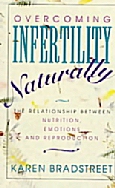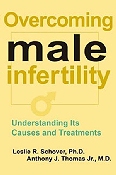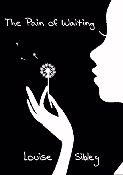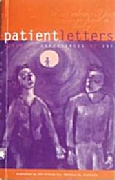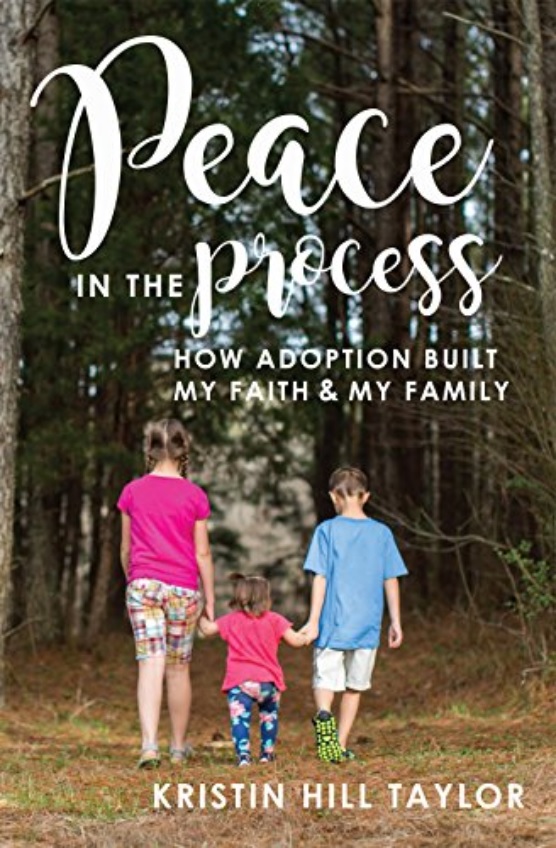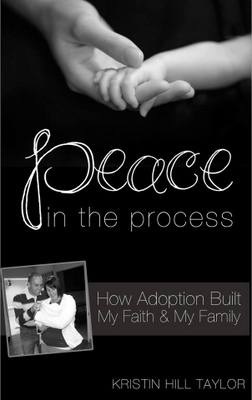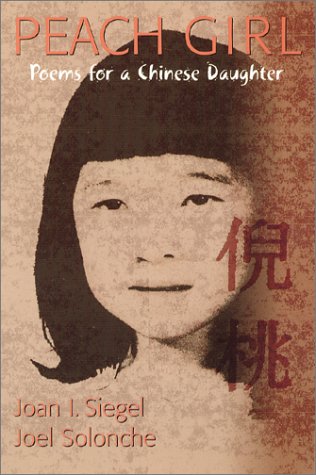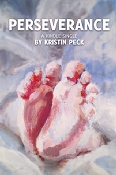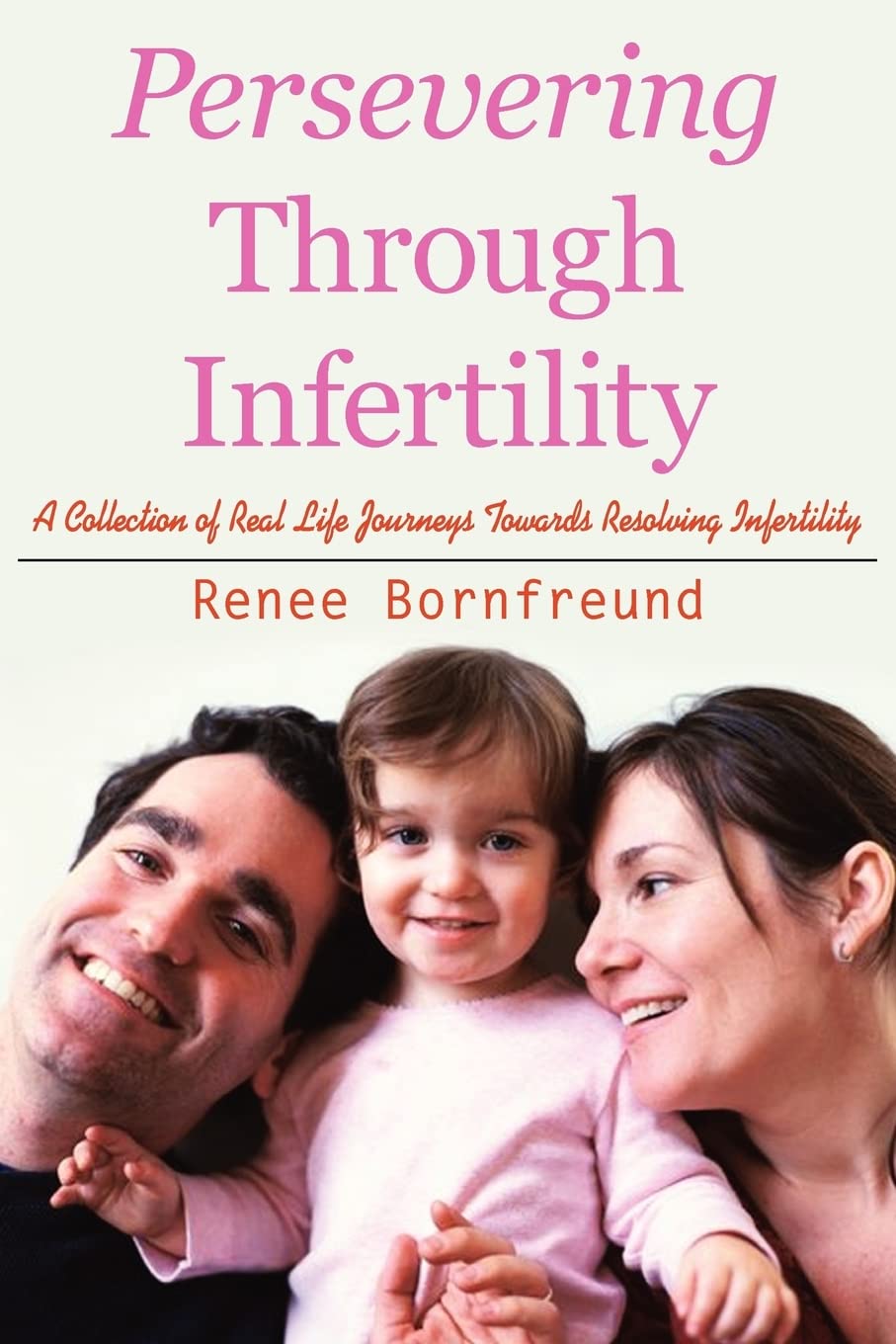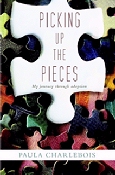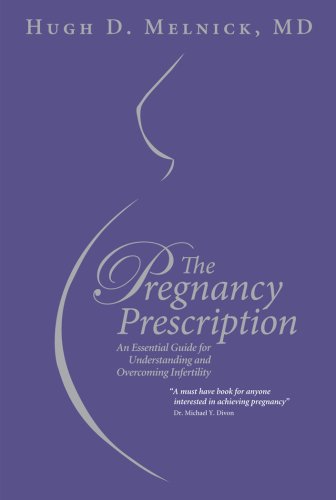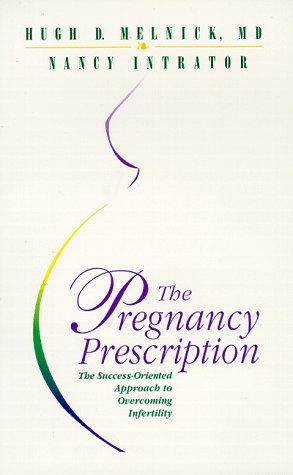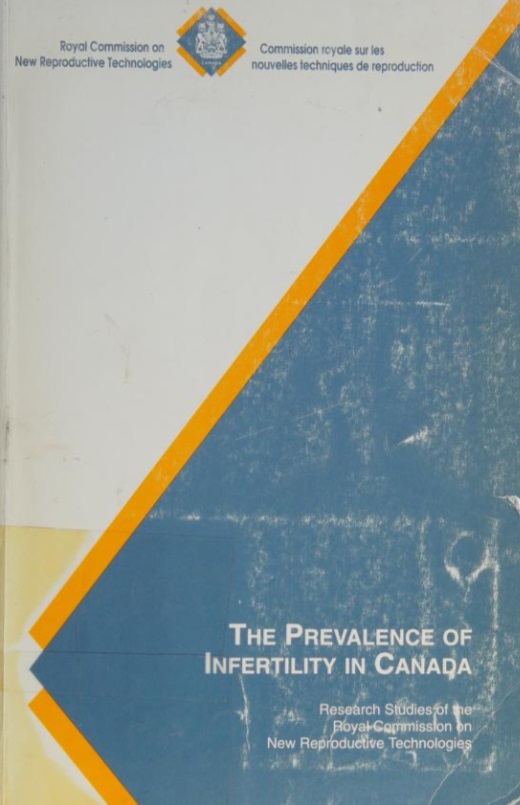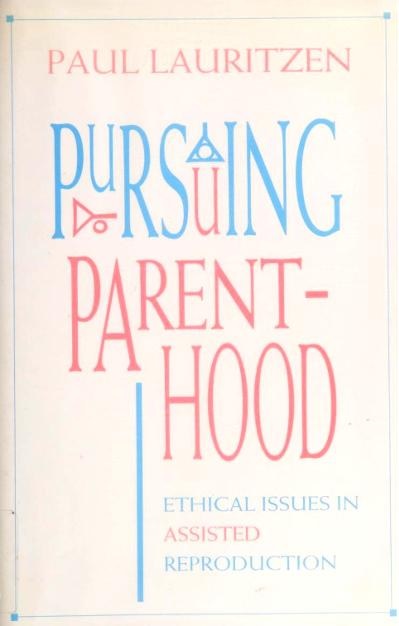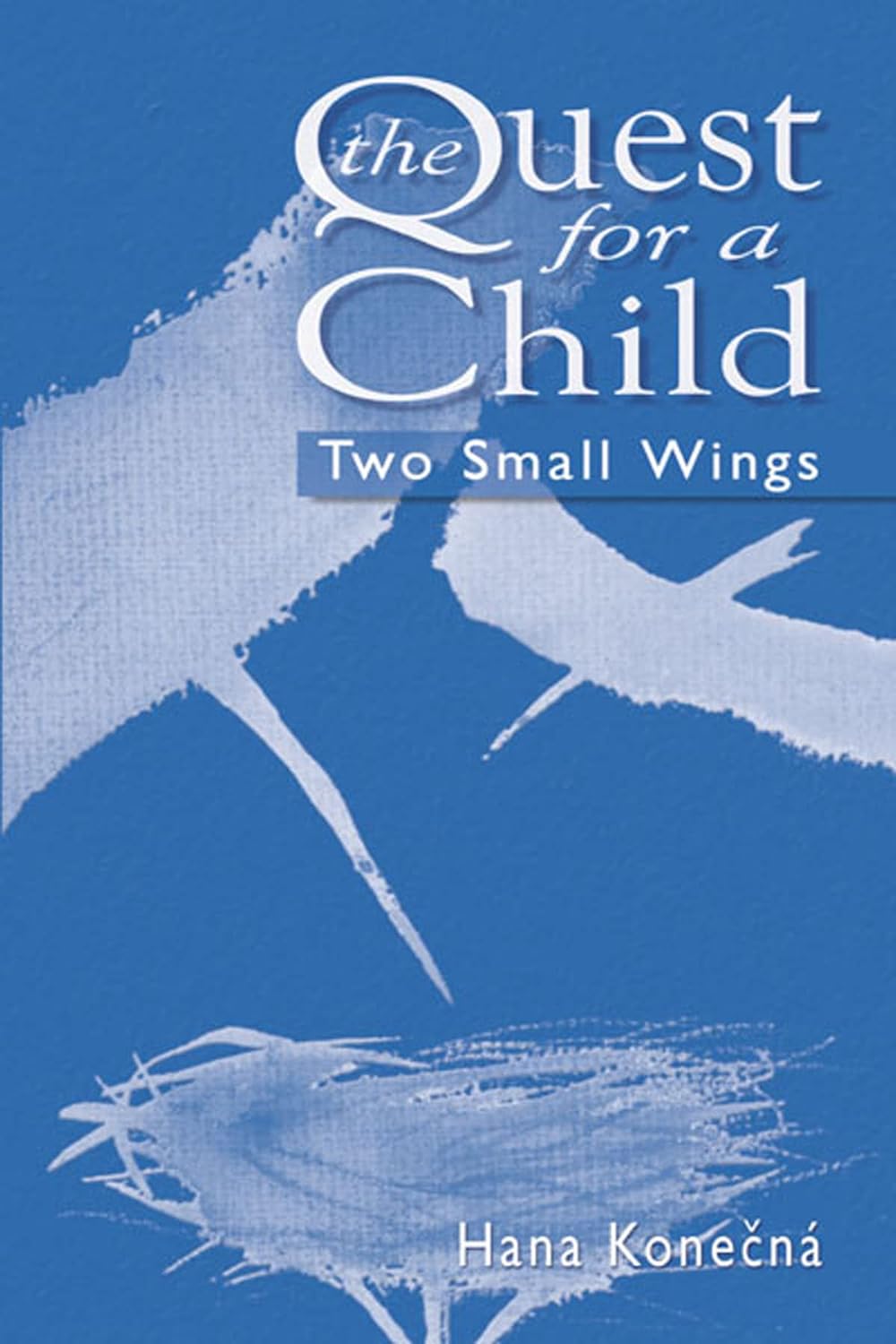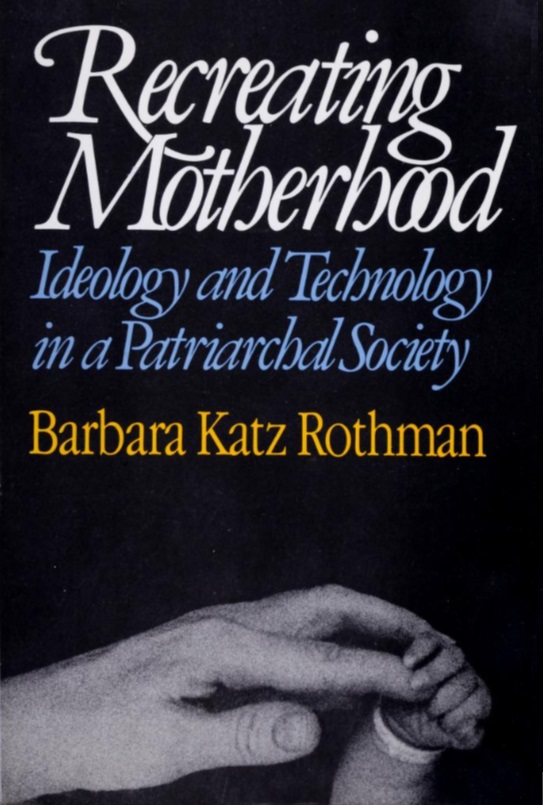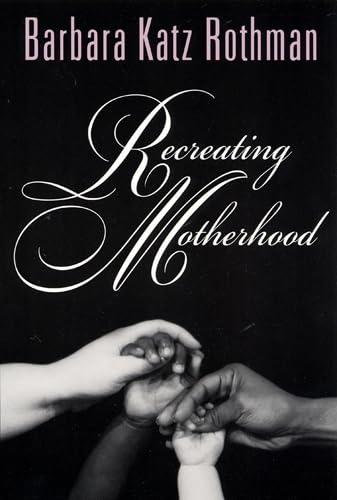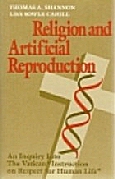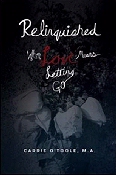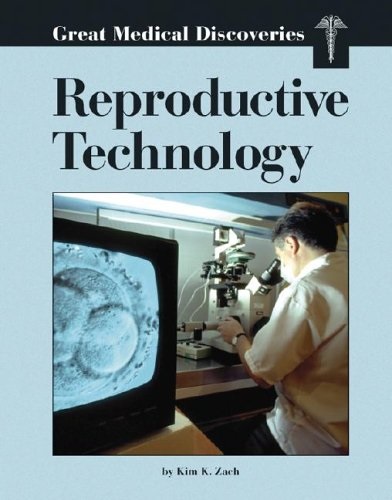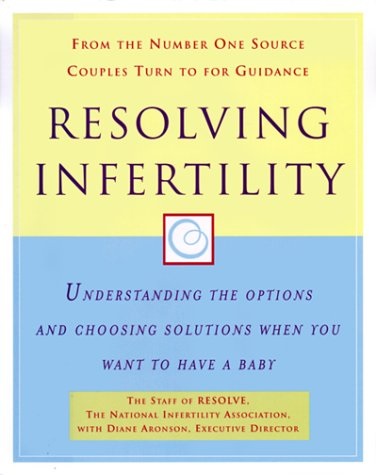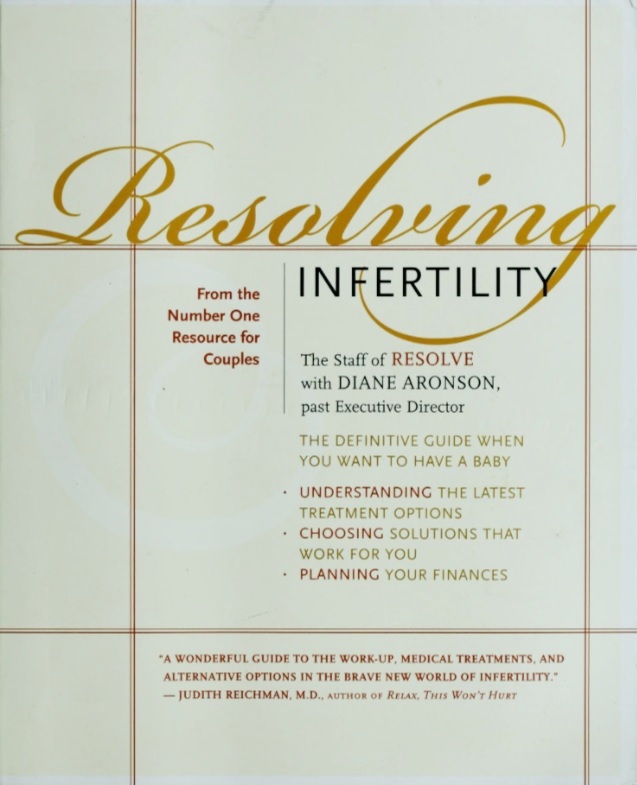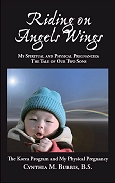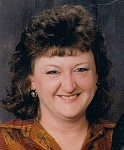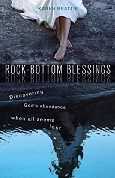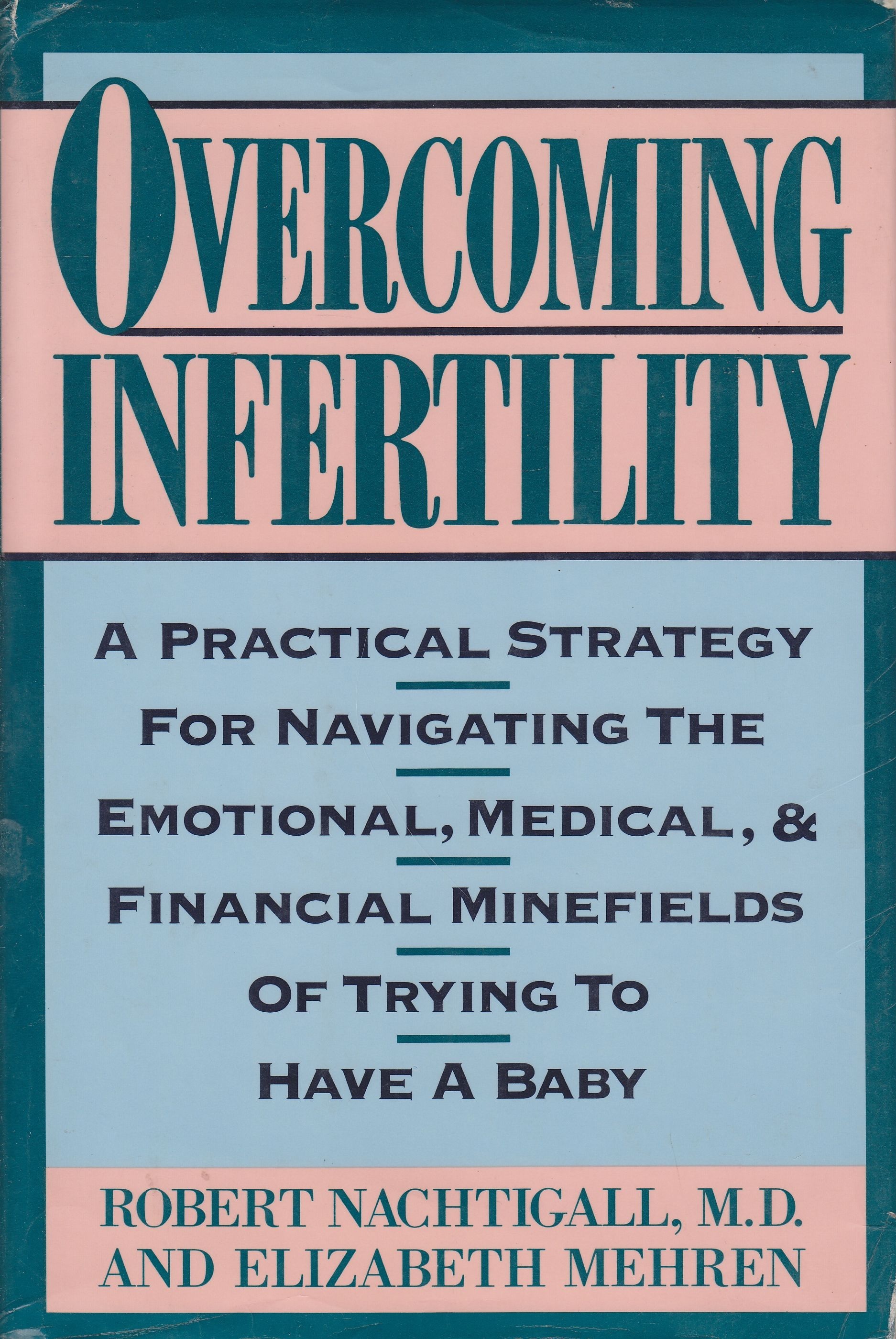 |
|
 |
Not only does Overcoming Infertility explain all the most up-to-date methods of medical treatment, from the simplest to the most high-tech, but Dr. Robert Nachtigall and Elizabeth Mehren put infertility in a social context and explore in detail the devastating emotional and psychological effects it has on both men and women. They trace the current prevalence of infertility to the sexual revolution of the sixties, which left a lethal legacy of sexually transmitted diseases, and to the women’s movement, which created a generation of people who postponed childbearing until it was, in some cases, too late. They discuss the doubts and guilt and the societal condemnation that go along with these attitudes, and the additional stress they put on the infertile couple. They acknowledge and validate the extreme reactions of men and women coping with infertility, the strain it places on marital relationships, the way it isolates the infertile from the so-called fertile world, and the divergent reactions of husbands and wives.
And, finally, they offer a comprehensive coping strategy for “conserving resources, reducing casualties, maintaining morale, and gaining control over the enemy.” They call it TEAMwork, an acronym for Time, Emotional Energy, Attitude, and Money—four essentials of the human condition that infertility can deplete rather quickly unless one learns how to weigh and conserve them before it is too late.
Their final message is that while infertility can seem like an endless uphill battle, it is possible to emerge triumphant—either by becoming pregnant (as do at least half of all couples treated for infertility) or by coming to terms with biological childlessness. One way or another, one does overcome infertility.
About the Author: Robert Nachtigall, M.D., whose private medical practice specializes exclusively in infertility, is an associate clinical professor in the Department of Obstetrics, Gynecology, and Reproductive Science at the University of California, San Francisco.
Elizabeth Mehren is a journalist who has written for the Los Angeles Times, the Washington Post, Ms., Newsweek, Psychology Today, and other newspapers and national magazines.
